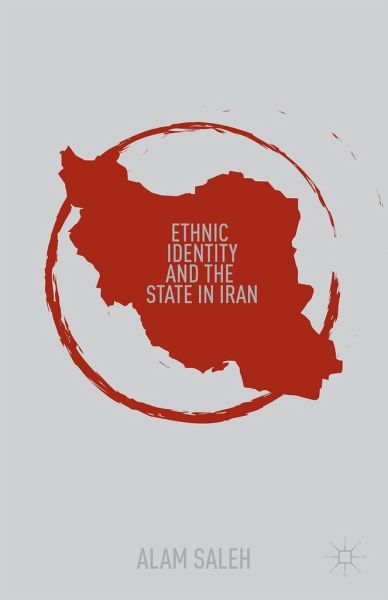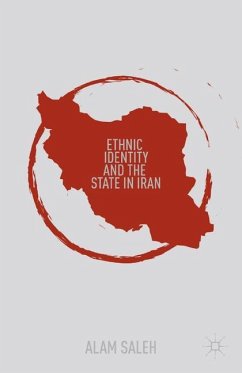
Ethnic Identity and the State in Iran
Versandkostenfrei!
Versandfertig in 6-10 Tagen
38,99 €
inkl. MwSt.
Weitere Ausgaben:

PAYBACK Punkte
19 °P sammeln!
While the Islamic Republic has employed various strategies to mitigate the worst excesses of inter-ethnic tension while still securing a Shi'a dominated "Persian hegemony," the systematic neglect of ethnic groups by both the Islamic Republic and its predecessor regime has resulted in the politicization of ethnic identity in Iran.














